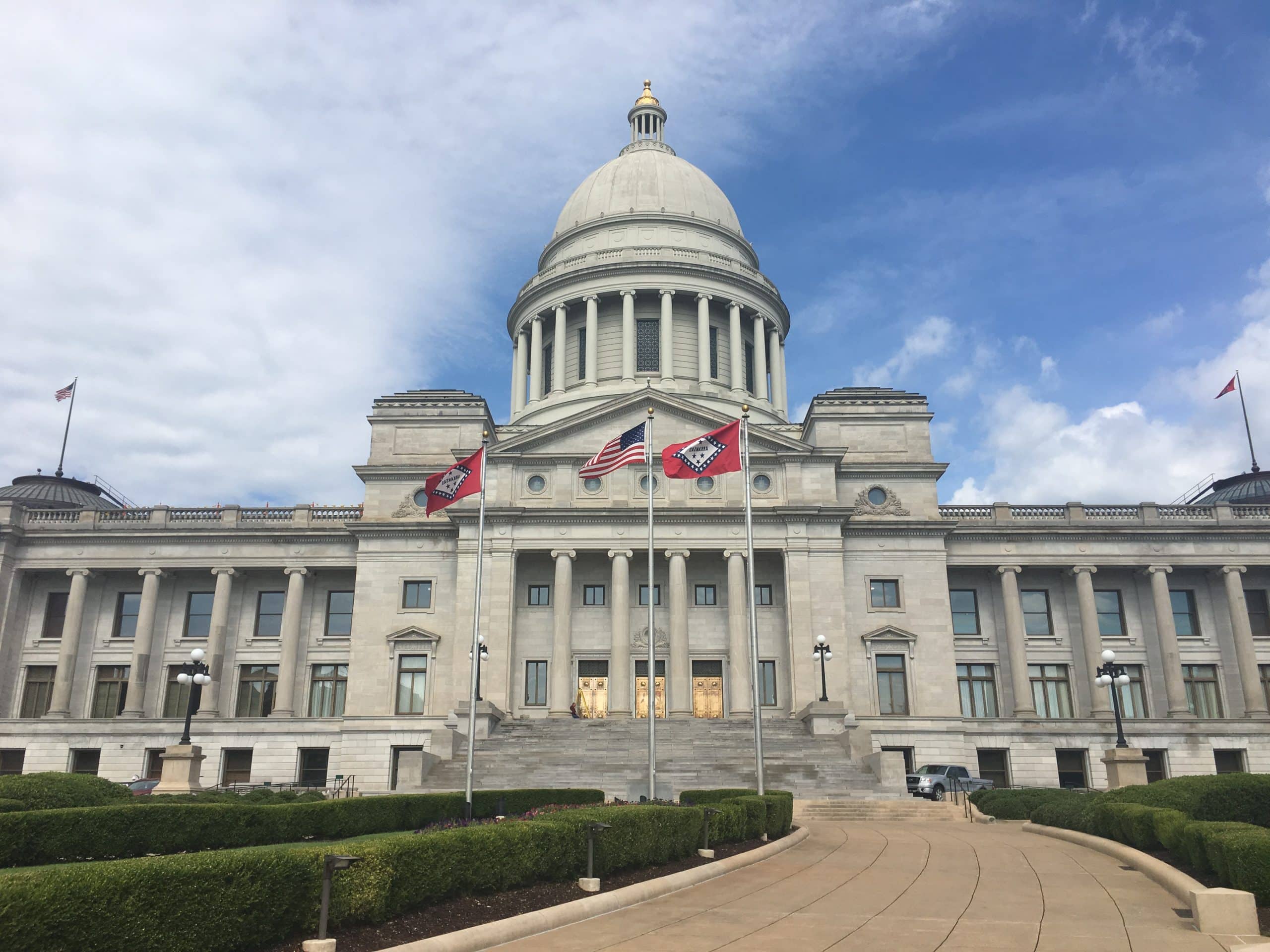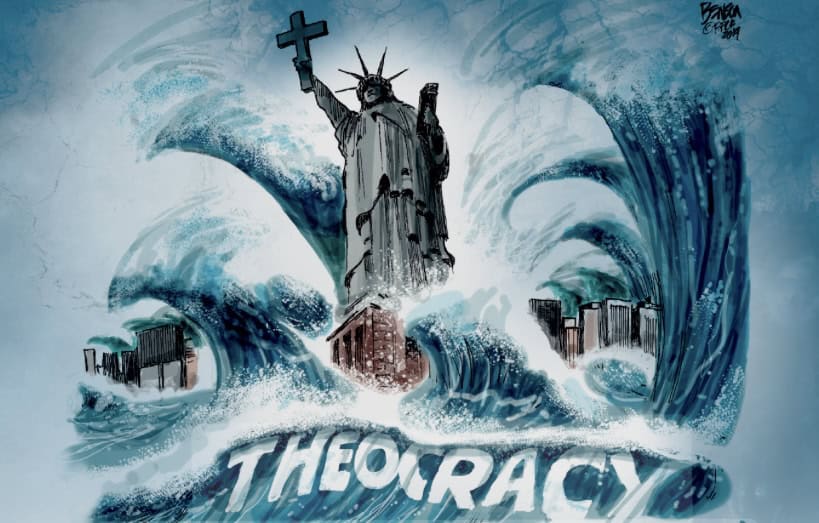Faith, Free Speech, and Controversy: Inside the Antisemitism Awareness Act's Religious Liberty Compromise
Religion
2025-04-29 20:55:11Content

In a nuanced approach to addressing antisemitism, the Antisemitism Awareness Act includes a carefully crafted provision that explicitly protects historical religious statements about Jesus's crucifixion. The legislation clarifies that expressing traditional theological perspectives about the circumstances of Jesus's death will not be considered a violation of antisemitism guidelines.
This provision aims to strike a delicate balance between combating harmful antisemitic rhetoric and preserving religious freedom of expression. By specifically addressing the long-standing theological narrative about Jesus's crucifixion, the act acknowledges the complex historical and religious discussions surrounding this sensitive topic.
The language carefully delineates between protected religious discourse and harmful antisemitic statements, ensuring that academic, theological, and historical discussions can continue without fear of unwarranted censorship. This approach demonstrates a thoughtful attempt to protect both religious liberty and the Jewish community from discriminatory language and harmful stereotypes.
Navigating the Controversial Terrain: The Antisemitism Awareness Act and Religious Discourse
In the complex landscape of legislative efforts to address discrimination, the Antisemitism Awareness Act emerges as a pivotal piece of legislation that challenges the delicate balance between protecting religious sensitivities and preventing historical misrepresentations. This nuanced legal proposal seeks to navigate the intricate waters of religious dialogue, free speech, and historical accountability.Unraveling the Complexities of Religious Narrative and Legal Protection
The Legislative Landscape of Religious Interpretation
The Antisemitism Awareness Act represents a profound attempt to address long-standing historical narratives that have perpetuated harmful stereotypes about Jewish communities. Lawmakers have carefully crafted language that attempts to protect religious liberty while simultaneously challenging deeply ingrained historical misrepresentations. The proposed legislation recognizes the sensitive nature of religious discourse, particularly surrounding historical interpretations of religious texts and events. Scholars and legal experts have long grappled with the challenge of addressing historical narratives that potentially promote harmful stereotypes. The act seeks to create a nuanced framework that respects religious freedom while providing protection against discriminatory interpretations that have historically marginalized Jewish communities.Theological Implications and Historical Context
The controversial clause regarding the historical narrative of Jesus's crucifixion touches on a deeply sensitive theological debate that has persisted for centuries. Religious scholars have long examined the complex historical and theological interpretations surrounding this pivotal moment in religious history. The legislation attempts to create a delicate balance between protecting religious dialogue and preventing the propagation of harmful stereotypes. Theological discourse has always been a complex arena where historical interpretation meets contemporary understanding. The act acknowledges the need for a more nuanced approach to religious narratives, recognizing the potential harm caused by simplistic and potentially discriminatory interpretations of religious texts.Legal and Ethical Considerations
The proposed legislation raises critical questions about the intersection of free speech, religious liberty, and protection against discrimination. Legal experts argue that the act represents a sophisticated approach to addressing historical misrepresentations while maintaining robust protections for religious expression. The careful language of the act demonstrates a nuanced understanding of the complexities inherent in religious discourse. Constitutional scholars have highlighted the challenging balance between protecting religious liberty and preventing the spread of harmful stereotypes. The Antisemitism Awareness Act attempts to thread this delicate needle, providing a framework for more responsible and respectful religious dialogue.Broader Implications for Religious Dialogue
Beyond its immediate legal implications, the act signals a broader societal movement towards more thoughtful and inclusive religious discourse. It challenges communities to engage in more nuanced conversations about historical narratives, religious interpretations, and the ongoing process of understanding complex theological traditions. The legislation serves as a catalyst for deeper reflection on how religious communities interpret and communicate their historical narratives. It invites a more critical and compassionate approach to understanding religious differences and historical complexities.Potential Challenges and Future Perspectives
Despite its well-intentioned approach, the Antisemitism Awareness Act is not without potential challenges. Critics argue that legislating religious interpretation could potentially infringe on academic freedom and open dialogue. Proponents, however, maintain that the act provides a necessary framework for addressing harmful historical narratives. The ongoing dialogue surrounding this legislation reflects the broader societal challenge of balancing religious liberty, historical accuracy, and protection against discriminatory narratives. It represents a critical moment in the ongoing conversation about religious understanding and mutual respect.RELATED NEWS
Religion

Holy Showdown: Arkansas Clergy Mobilize Against Controversial Ten Commandments Legislation
2025-04-04 12:13:43
Religion

Devotion Denied: Lady Gaga's Jakarta Concert Crumbles Under Religious Pressure
2025-03-11 07:33:54
Religion

Religious Legislation Threatens West Virginia's Future, Columnist Warns
2025-03-20 09:15:00





